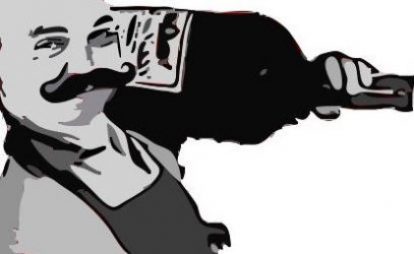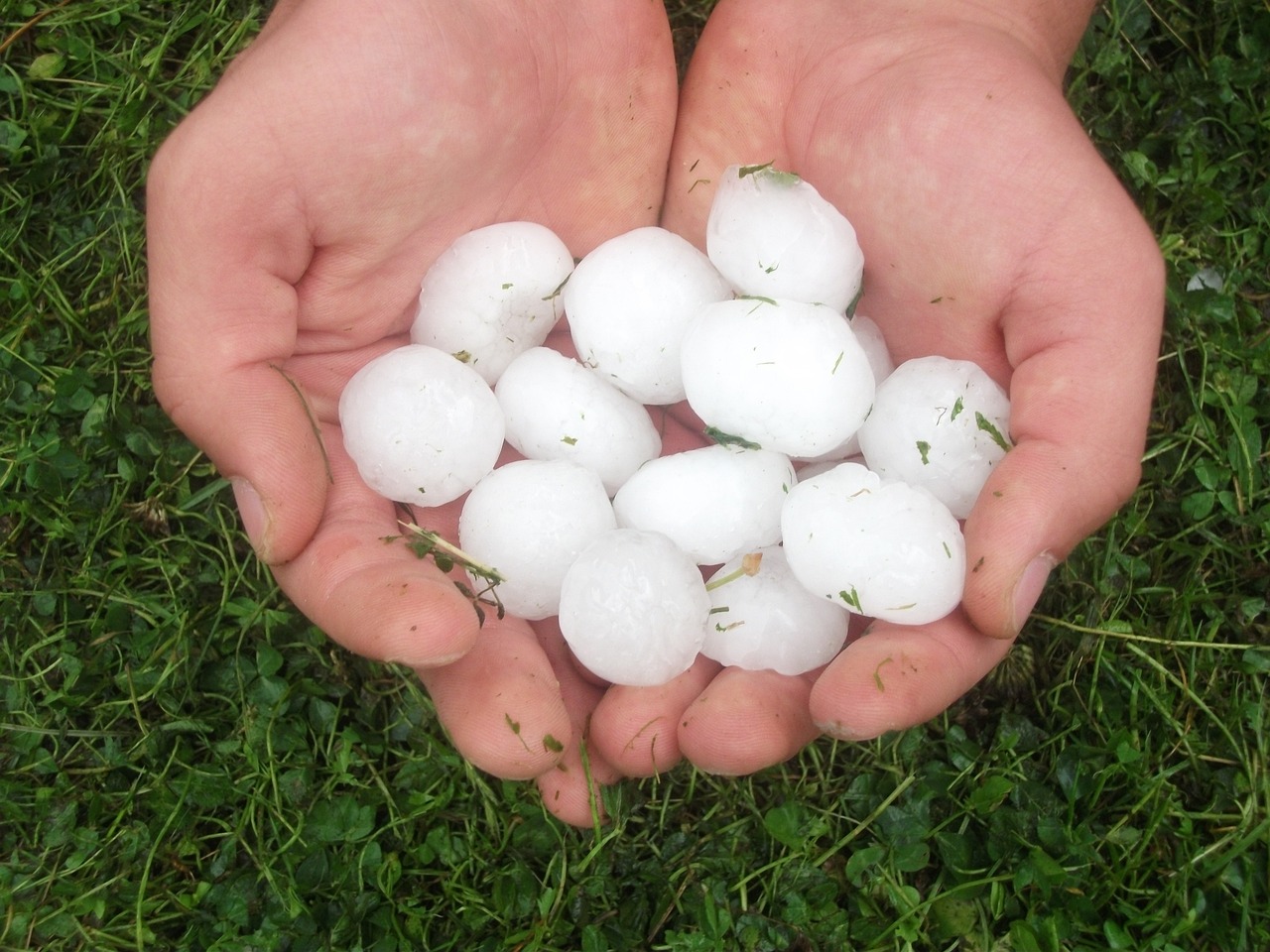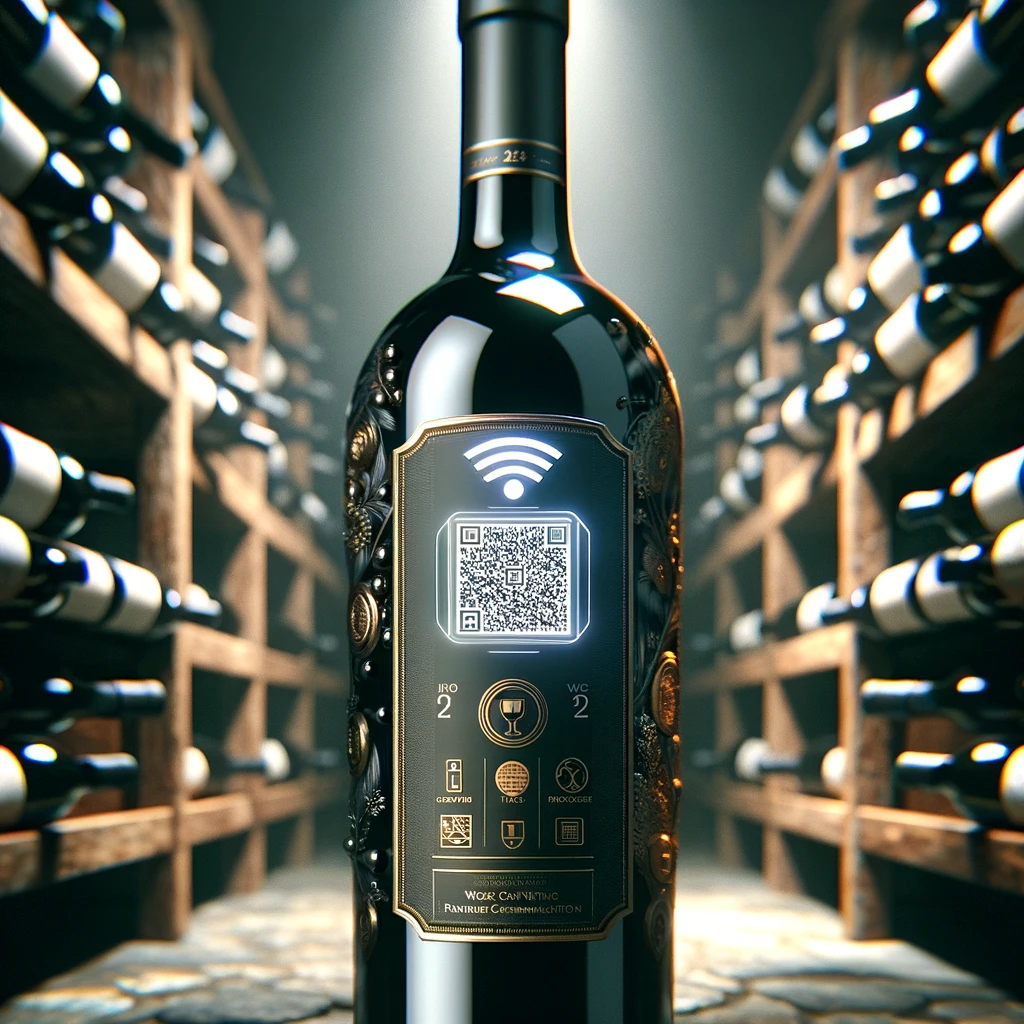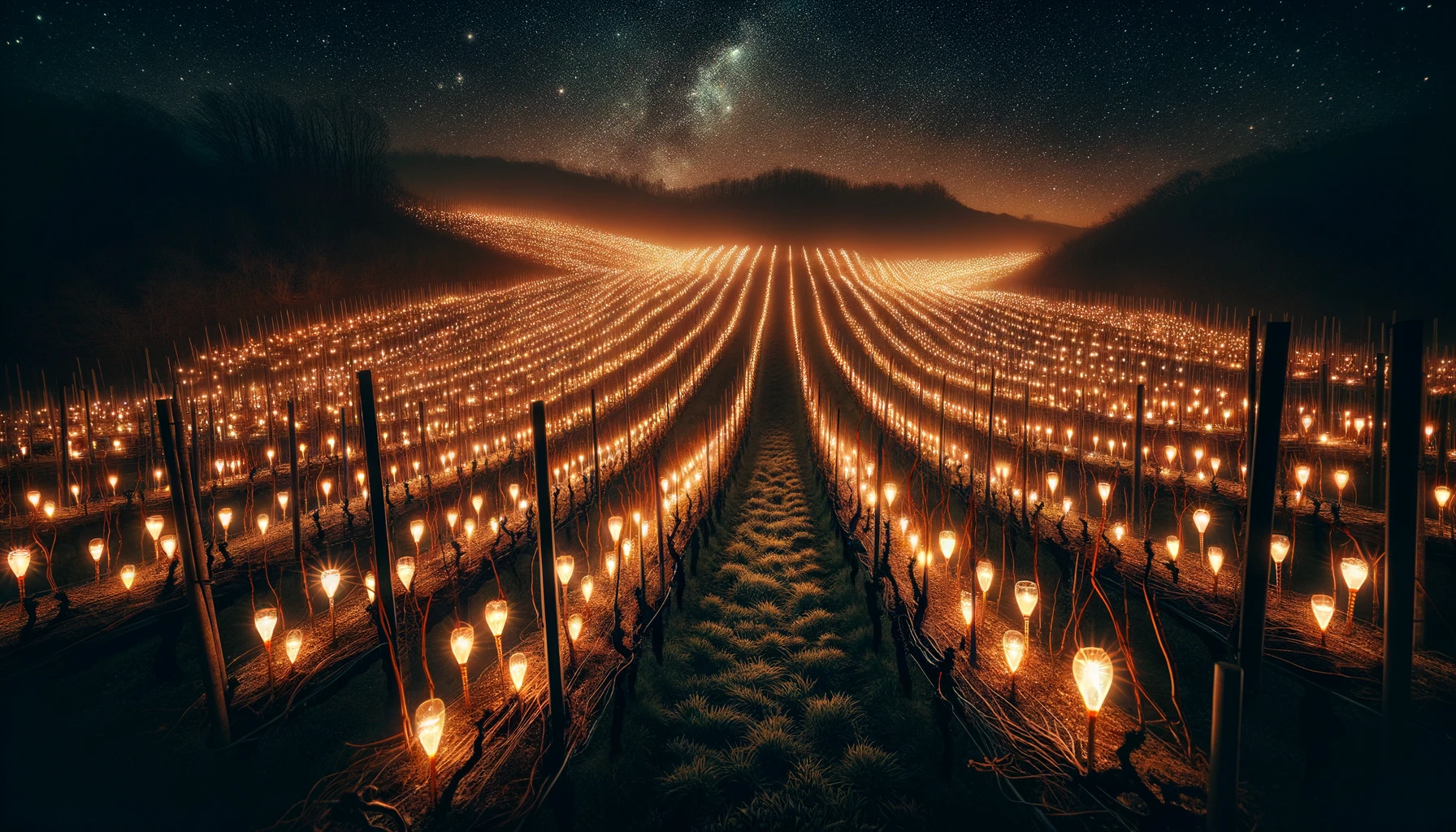With almost all grapes brought in (disregarding a few late ripening varieties as well as vendange tardive and potential ice wine) in the Northern Hemisphere, we can now turn our attention to more important matters – like influencers or best of lists. Of course, that’s not all there is in the latest edition of the JollyCellarMaster Weekly:
The World’s Most Important and Everyone Else
If you know me, you will also know that I have a somewhat ambivalent or rather conflicting opinion when it comes to influencer lists and who’s who in a specific industry. You could begin with the question what should constitute influence, especially in a time when everyone has a voice and many don’t think twice before using it on social media. Is it all about followers or rather who’s opinion actually sells wine or even moves wine making into a different direction as seen during the parkerization of wine? In the digital age, such collections have garnered a bad reputation since it is becoming more difficult to measure influence but you could argue that the knowledge and expertise of some of the world’s most renowned wine experts is of less value than the most popular Instagram accounts. I’d like to reiterate that there is a fine line between the nonsense of our times and the value provided by people who really do have something to say. I’ve been listed on some, albeit not wine related, and I often wonder if it only pleases my ego or whether it should be perceived as a recognition of my capabilities.
Well, on that happy note and with this little preamble in mind…
The 10 Most Important Critics in the World
The spark that this conversation comes from an article in the Swiss paper Blick. It listed the ten most important wine critics on the premise that anyone could call him or herself a wine critic, but only the best are able to produce relevant and reliable judgements. Here is the top ten as listed in the article:
- Robert Parker: any list has to start with the man whose taste lead to the widespread stylization of wines to please him. Parker points could make or break a wine and actually resulted in a palpable economic effect. According to Elin McCoy “the difference between a score of 85 and 95 [for one wine] was 6 to 7 million. That’s certainly influence.
- Second comes Lisa Perrotti-Brown who took over the baton from Parker and succeeded him at the Wine Advocate in 2013. She is also a Master of Wine and only one of two women that made this list.
- Neal Martin started off working for a Japanese importer focusing on Burgundy and Bordeaux. He began writing for Parker, moved to Vinous in 2018 and won the award of Best Wine Critic of the World last year.
- Jancis Robinson is the Grande Dame of the World of Wine. The first woman to become a Master of Wine, she has been writing for the Financial Times for many years and published among other works the Oxford Companion to Wine and the World Atlas of Wine since 2003 together with Hugh Johnson (who did not make this particular list, mind you).
- James Suckling is another of those wine critics whose name or rather his points appear as a testament of quality. He is the former Senior Editor and European Bureau Chief of Wine Spectator and together with his son, he runs the portal of the same name.
- A Swiss list needs some Swiss names and René Gabriel fits that description perfectly since the former chef became chief buyer at Mövenpick and author of several books as well as his publication Bxtotal that focuses on wine from Bordeaux.
- Allen Meadows is an American wine critic and publisher of the Burghound.com quarterly newsletter and website with a background in financial services. His influence on Burgundy is regularly compared to the Parker’s on Bordeaux.
- Stephan Rheinhardt is a German wine critic who writes and tastes for Roberparker, but the special Swiss connection comes from a particularly beneficial tasting note of a Swiss Pinot Noir that made it’s producers over night the stuff of legends (not my words but those of Blick!).
- Antonio Galloni is another critic related to Robert Parker. Considered his protégé, he created his own gig Vinous in 2013 after his mentor announced at the end of the previous year that he was to sell a substantial interest in his newsletter and plans to step down as editor in chief.
- Last but not least there is Michel Bettane. He is the leading French wine critic and was for twenty years, a writer for the French consumer wine publication La Revue du vin de France. When it was bought by Marie Claire, he clashed with the new owner and left for the rivaling wine publication Le Classement des Meilleurs Vins de France, but now runs his own website. He is also credited with coining the term “vin de garage” and its winemakers “garagistes, so, yes, I’d call that influence, too.
All that matters at the Cape
There’s plenty of room for disagreement, I’m sure, and there are certainly many other names that could be added to the list. One of them is Tim Atkin MW who is actually listed in a different article that focuses on key players in the industry. This one is on South Africa and who’s who down there. The article names a number of relevant opinion formers but also lists notable wine bars, promotional bodies, as well as importers and retailers. It also gives a quick overview of the industry though together with a look at its emerging wine region and other interesting things to know.
So, if you’re looking for a quick summary and where to head for more information you might as well check it out.
Gamification in Wine Education
If you, like me, are into wine knowledge and education but sometimes struggle with the consumption of information through the mere reading of wine books, the latest version of Hundred Days might be for you. I haven’t tried it yet as it only now was published in a mobile version and am somewhat skeptical how much it will do for my wine education, I admit it sound like fun. According to the makers of the game, you will have complete control of a new winery, you will have to choose which vines to grow and how to grow them and when to harvest, you will have to follow the entire winemaking process and make the choices that best suit the type of wine you want to produce or that market requires. You will also have to sell the wine produced to allow your company to expand.
It’s not exactly as owning your own vineyard or working in the industry, but it’s certainly less stressfuland you should be able to pick up a thing or two. And that’s exactly what gamification is all about.
—
And that’s it for the week but if you have an interesting story to tell or simply want to chat about wine as a guest on the Podcast, connect on Twitter or drop me a line. And if you want to stay in the loop about things happening at the JollyCellarMaster and the world of wine, make sure you sign up to our newsletter.
—
Disclaimer: As always, I’d like to be completely transparent about affiliations, conflicts of interest, my expressed views and liability: Like anywhere else on this website, the views and opinions expressed are solely those of the original authors and other contributors. The material information contained on this website is for general information purposes only. I endeavor to keep this information correct and up-to-date, I do not accept any liability for any falls in accurate or incomplete information or damages arising from technical issues as well as damages arising from clicking on or relying on third-party links. I am not responsible for outside links and information is contained in this article nor does it contain any referrals or affiliations with any of the producers or companies mentioned. As I said, the opinions my own, no liability, just thought it would be important to make this clear. Thanks!




